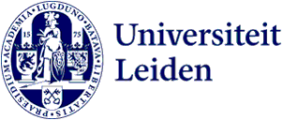Soil fertility is a central parameter in the global ecosystem, linking water, food, and nutrient flows. Soil erosion and declining soil fertility pose a significant threat to food production, freshwater availability, and carbon storage. Soil organic matter plays a vital role in the buildup of healthy soil in terms of soil structure and biological activity. To strengthen the circular economy approach, organic streams such as sewage sludge, animal manures and agricultural plant residues can recycle organic matter and nutrients back to the soil.
Organic matter treatment is required to reach appropriate biochemical conditions for soil application. The scope of this theme is to define the most suitable form of organic matter addition, the treatment necessary and the interactions between the organic matter and soil components concerning micro-organisms, organic carbon, and nutrients/minerals. The theme started in 2016.























